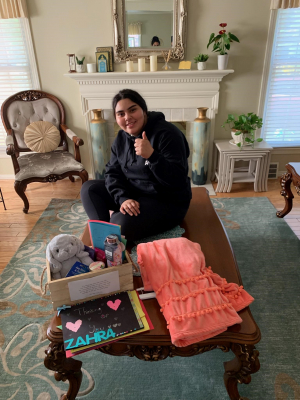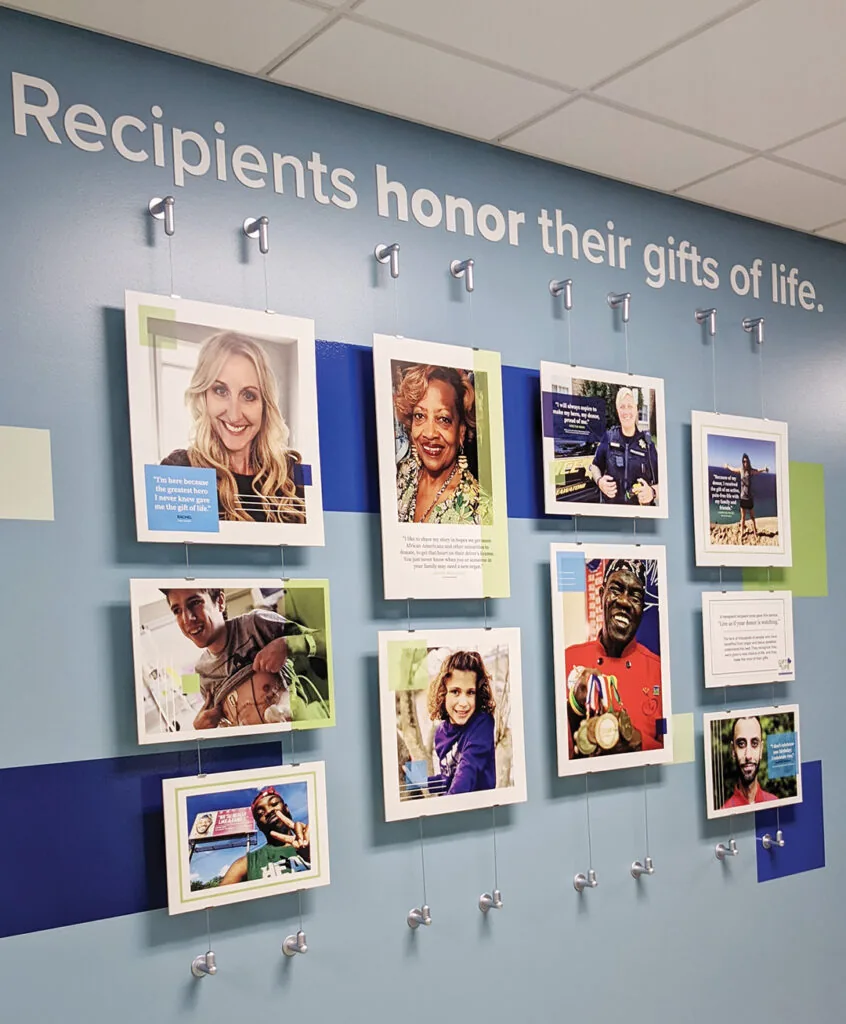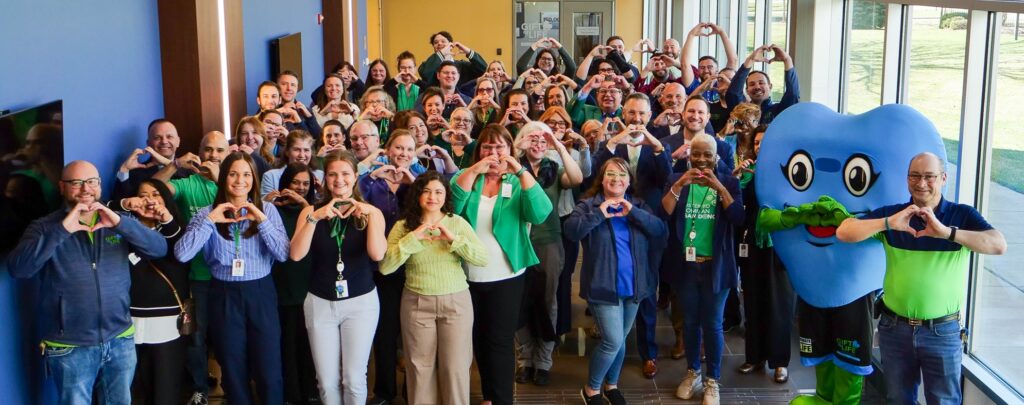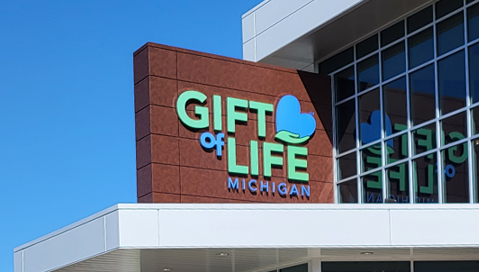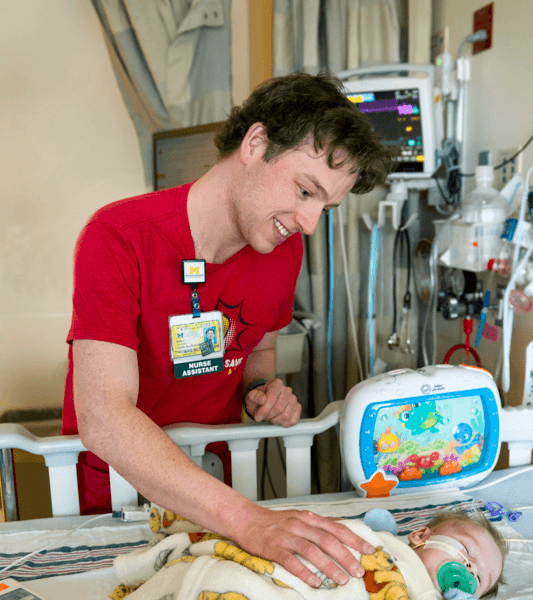Editor’s Note: We are devastated to learn that Zahraa passed away on November 14, 2019. To her family and many friends: you are in our thoughts. We grieve with you. We have created this video in Zahraa’s memory.
Zahraa Alasadi was an active 14-year-old when she suddenly got very sick this past winter – she had a severe cough, swollen feet and difficulty breathing. Doctors thought she was suffering from asthma.
But when the Dearborn, Michigan, teen’s condition worsened, her mother, Hana Almaliky, took her to a local hospital emergency department, and from there she was transferred to Children’s Hospital of Michigan in Detroit. Doctors diagnosed Zahraa with dilated cardiomyopathy; her heart was failing to pump blood properly. After removing two liters of excess water and trying several medications, the medical team determined Zahraa needed a heart transplant.
She didn’t have much time. Her heart was functioning at only 7 percent.
Hana went home and prayed, feeling both her own helplessness as a parent and a sense of dread. “God gave me just one heart, I cannot help her,” Hana said. “Am I going to see Zahraa again, or is today the last day?”
Then Hana’s phone rang. Just four hours after Zahraa was added to the national transplant waiting list, doctors said a donor had provided a suitable match. Zahraa received her heart transplant on Valentine’s Day – February 14, 2019.
“We pray for the soul of Zahraa’s donor every day,” Hana said.
Zahraa went home three weeks after her transplant. Today, she is back in school and enjoying 10th grade. She is a goalie on the field hockey team, plays basketball, volunteers with disabled adults, actively participates with Business Professionals of America, and gets involved in everything she can.
And she wants to become a pediatric cardiologist, to help patients like herself.
The experience also gave Zahraa and her mother a new calling: to promote organ and tissue donation, especially in their Muslim community. Hana said they had heard of organ transplants but did not know anyone in their community who had received one.
Yet long before Zahraa got sick, Hana had joined the Michigan Organ Donor Registry. She said she got negativity from family and friends who worried medical teams would not save her life if they knew she was a registered donor.
Now, she is using her daughter’s good fortunate to combat that myth and to educate her community. Hana shares Zahraa’s story everywhere she goes: at work, grocery shopping and within her mosque. She said many people sign up on the Donor Registry immediately after hearing how a transplant saved Zahraa’s life.
Hana credits Zahraa’s heart donor not just with saving her daughter’s life and that of four other transplant recipients, but for providing inspiration and motivation that will cause many others to sign up as donors and save lives.
“One day we’re all going to die,” Hana said. “We don’t need these organs, we’re not going to use them. Why not let people use them who need them?”


